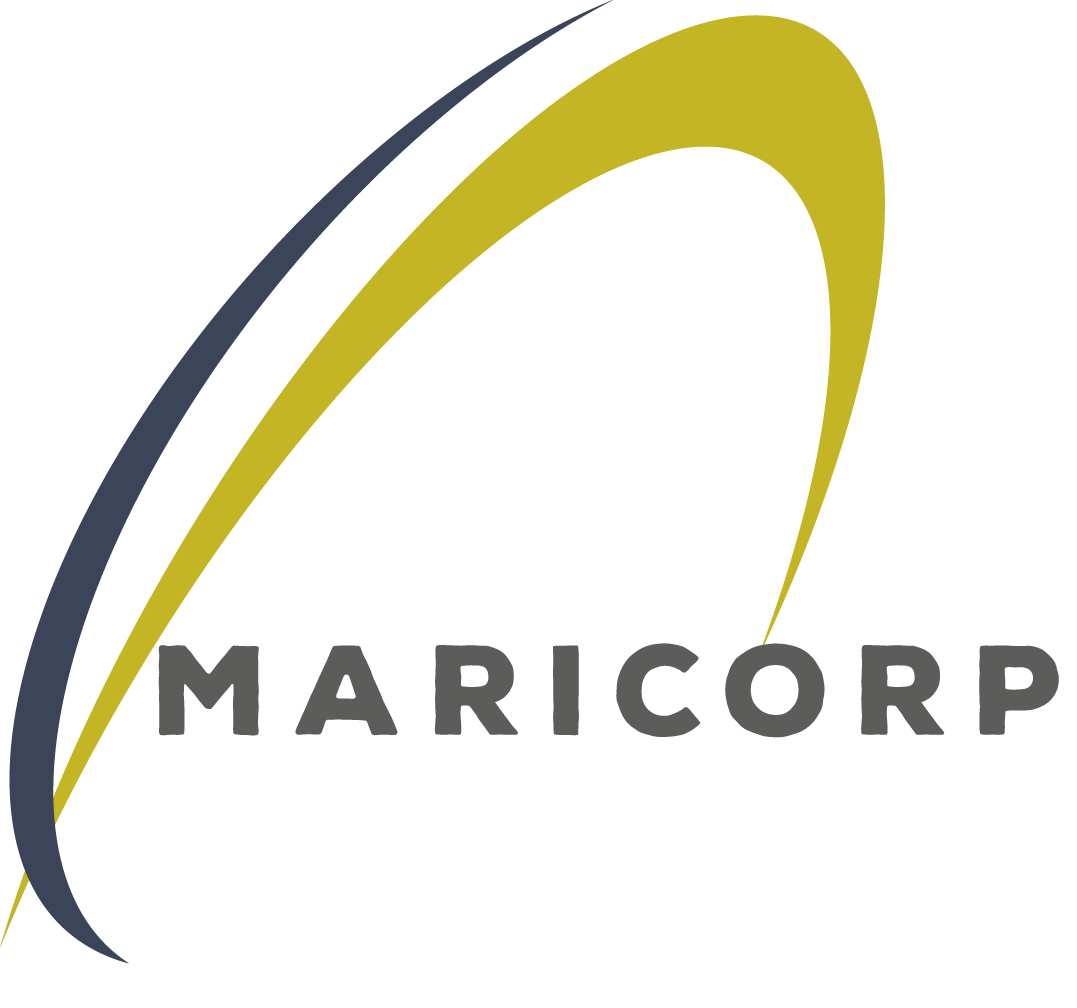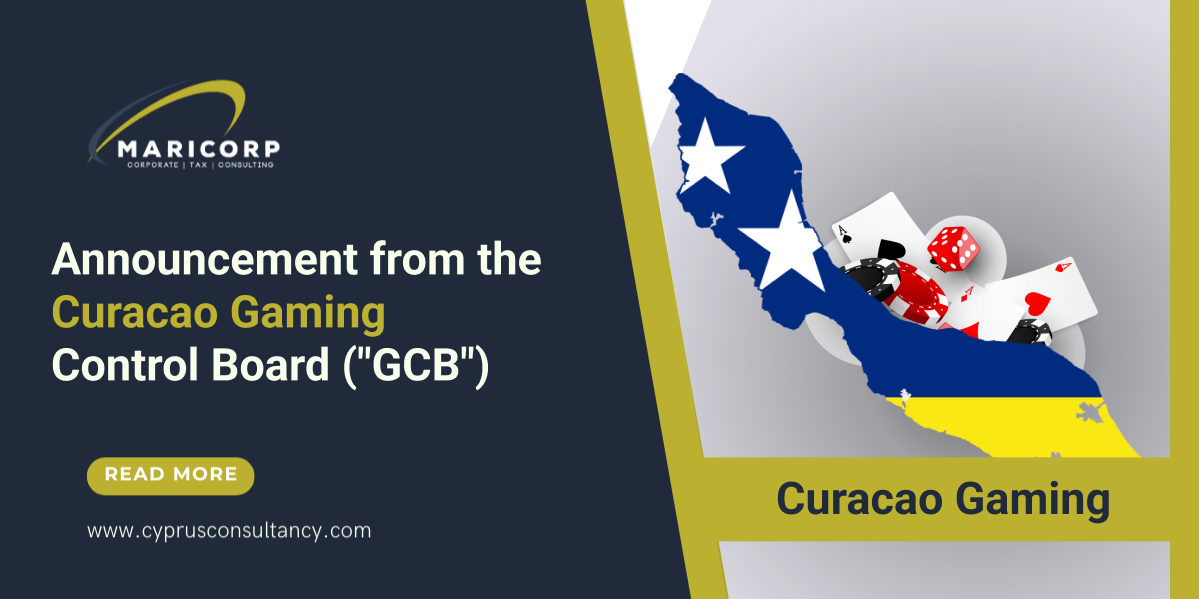What is it about:
The announcement outlines the procedures for obtaining online gaming licenses from the GCB under the current regulatory framework known as the National Ordinance on Offshore Games of Hazard (NOOGH). The authority of the GCB stems from the NOOGH, which delegates the responsibility of issuing licenses. The purpose of these guidelines is to assist applicants in completing their applications thoroughly and to understand the expectations set forth by the GCB. It is crucial for applicants to carefully review these guidelines.
Since November 2023, the GCB has been accepting and processing online gaming license applications from operators who seek to obtain a license directly from the GCB through a new application process. All applicants must be entities incorporated in Curacao, and individuals (or natural persons) are not eligible to apply through alternative legal structures.
This process will eventually be integrated into a new gambling ordinance (LOK) under the Curacao Gaming Authority (CGA), the successor of the GCB. According to the current draft of the LOK, licenses granted directly by the GCB under the new application process will automatically transition to the new LOK licensing regime, and the license will be considered as granted by the CGA.
The number of licenses will not be limited but will be determined by the suitability of the applicants. Currently, the GCB is only mandated to grant B2C licenses, meaning licenses for applicants who directly provide remote gaming services to end-user customers. B2B2C service providers, entities that are involved in critical player account and funds management, are also considered a form of B2C and are eligible to apply for a license with the GCB.
Pure B2B entities, which solely provide technology-based services, may be considered for a license before the enactment of the LOK, but the GCB will announce further details regarding this option later in the year.




